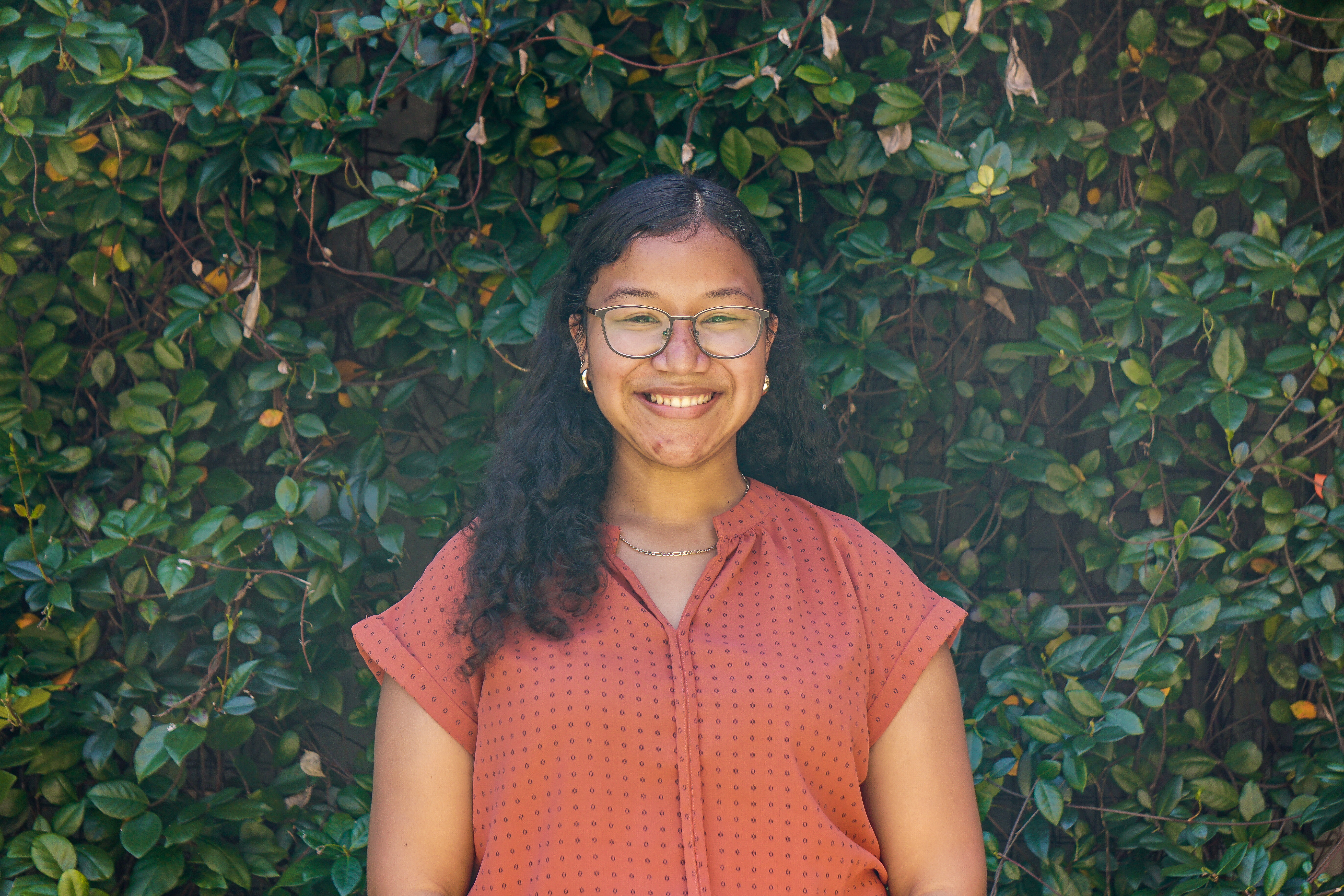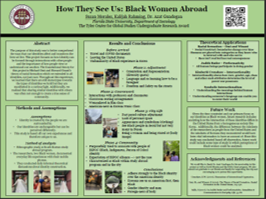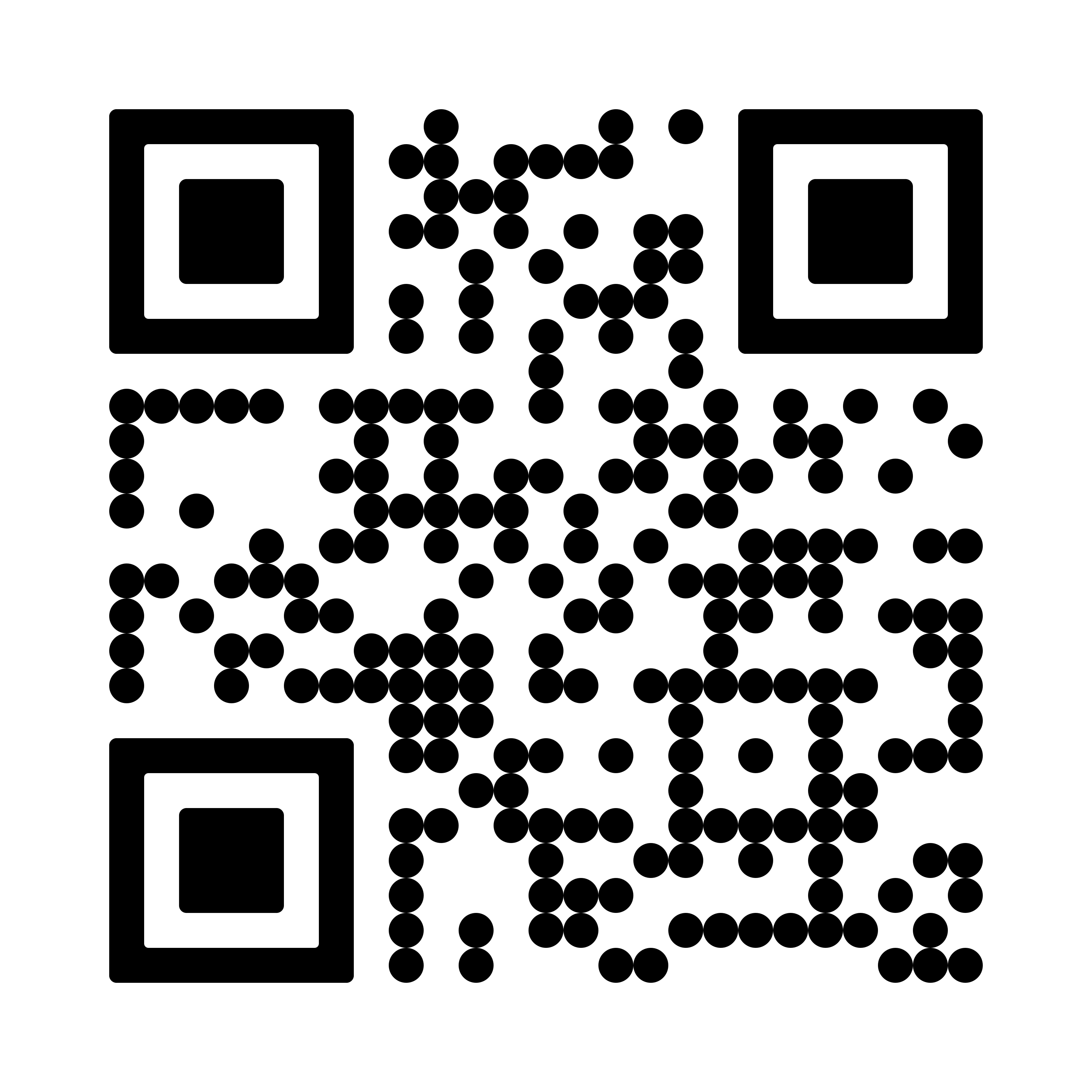President's Showcase
Susan Morales She/Her/Hers
Supervising Professor: Dr. Azat Gündoğan
Susan is a fourth year student at Florida State University pursuing a dual degree in Sociology and Women’s Studies with minors in Religion and Criminology. She works as an Undergraduate Research Opportunity Program (UROP) Leader and also as a Mock Interview Mentor at FSU’s Career Center. When she is not in class or at one of her jobs, she enjoys applying sociological theories to everyday life events, like eating lunch, or creating music playlists. Susan is very excited to be presenting at the President’s Showcase and hopes to run into her UROP students!
Abstract
The purpose of this study was to better comprehend the ways that our identities affect and transform the lives we live. This project focuses on how identity can be formed through interactions with other people and the importance of how people view or understand one another. The foundational theory for this project is Michael Omi and Howard Onant’s theory of racial formation which we extended to all identities, not just race. The researchers augmented their understanding of this topic through an NPR video series that interviewed expatriate Black Americans living in Asia and how their identities were perceived in their new home compared to the United States. The method of analysis for this project is an ethnographic study which took place at a South Korean summer study abroad program. The researchers, two Black women with other layers of identity, spent time in homogeneous South Korea and analyzed the way their identities were constructed by those around them. To conduct this research, the two documented everyday life experiences through their mobile phones and held informal theoretical discussions about how their identities were being constructed by others. The researchers recognize that these experiences are their own and may not be applicable to society as a whole. Throughout this experience, they learned that there are still stereotypes towards the types of identities they hold but they are manifested in a curious light. Additionally, the researchers realized that sharing similar identities with others was often not enough to create a true sense of community.




